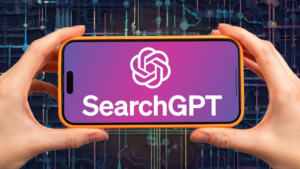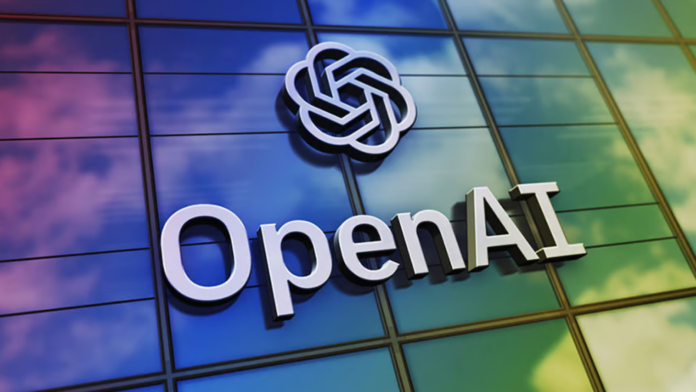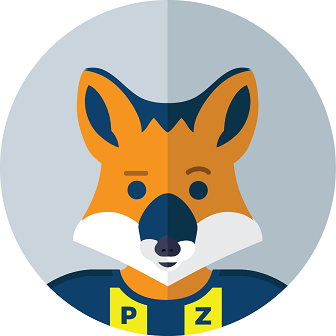OpenAI is stepping into the search engine arena with the introduction of SearchGPT, a new feature designed to deliver timely and accurate answers to user queries by pulling information from web sources. This move positions OpenAI as a potential competitor not just to up-and-comers like Perplexity, but also to established giants like Google and Bing.
Launched on Thursday, SearchGPT aims to enhance the user experience by providing immediate, contextually relevant answers and accompanying visuals directly from the web. The interface is reminiscent of OpenAI’s well-known ChatGPT platform: users simply type in their queries, and SearchGPT responds with a mix of text and images, along with links to relevant sources. Users can then engage further by asking follow-up questions or exploring related topics via a sidebar.
SearchGPT takes advantage of location data to refine its search results. OpenAI explains in a support document that the feature “collects and shares” general location information with third-party search providers to enhance accuracy, such as showing local restaurant options or weather updates. Users can also opt to share more specific location details through a settings menu toggle, allowing for even more precise results.

SearchGPT leverages OpenAI’s advanced models, including GPT-3.5, GPT-4, and the newly introduced GPT-4o. Initially described as a prototype, SearchGPT is available to a select group of users and publishers starting today. Those interested in trying out the new tool can join a waitlist. OpenAI has also hinted at plans to integrate some of SearchGPT’s functionalities into the existing ChatGPT platform in the near future.
OpenAI’s goal with SearchGPT is to simplify the process of finding information on the web. “Getting answers on the web can take a lot of effort, often requiring multiple attempts to get relevant results,” OpenAI stated in a blog post. “We believe that by enhancing the conversational capabilities of our models with real-time information from the web, finding what you’re looking for can be faster and easier.”
The launch of SearchGPT comes amid a broader discussion about the reliability and ethical implications of AI-powered search tools. These technologies have faced criticism for issues such as plagiarism, inaccuracies, and the potential for content cannibalism. Despite these challenges, OpenAI’s entry into the search market signals its ambition to revolutionize the way people access and interact with information online.
While it remains to be seen how SearchGPT will fare against entrenched search engines like Google and Bing, its integration of real-time data and advanced AI models offers a promising glimpse into the future of search technology. As OpenAI continues to develop and refine SearchGPT, users can look forward to more efficient, accurate, and engaging search experiences.










